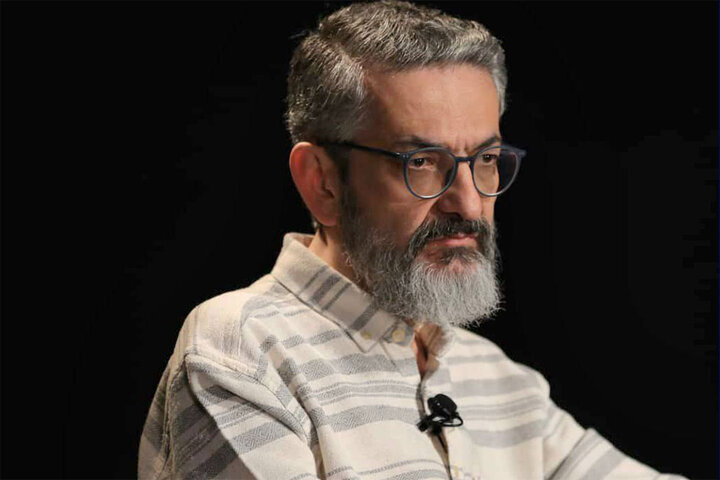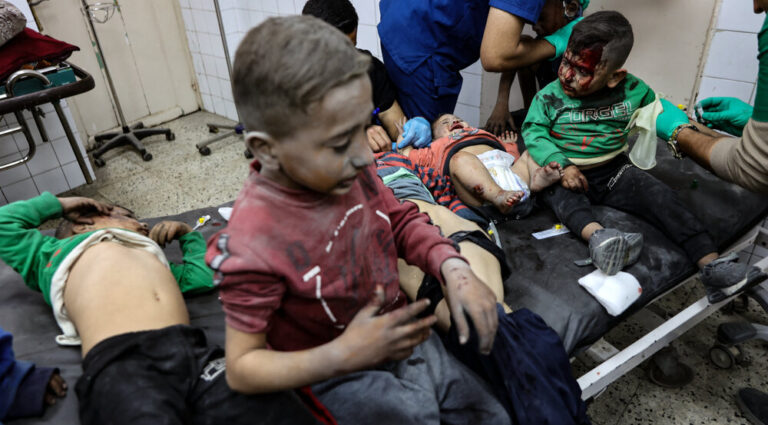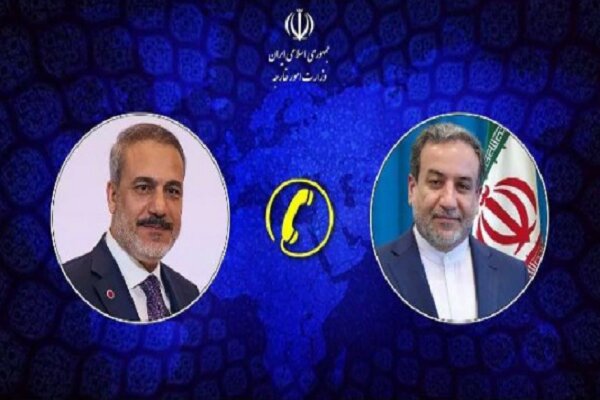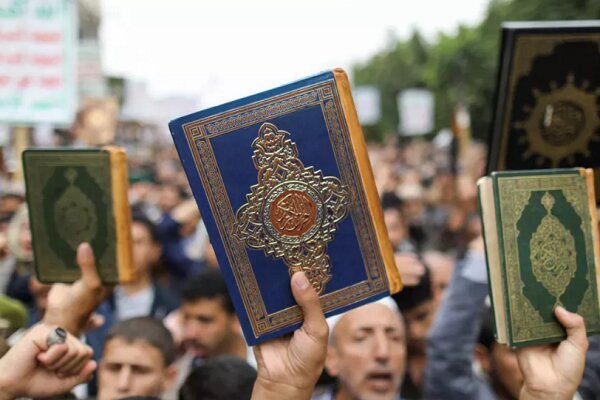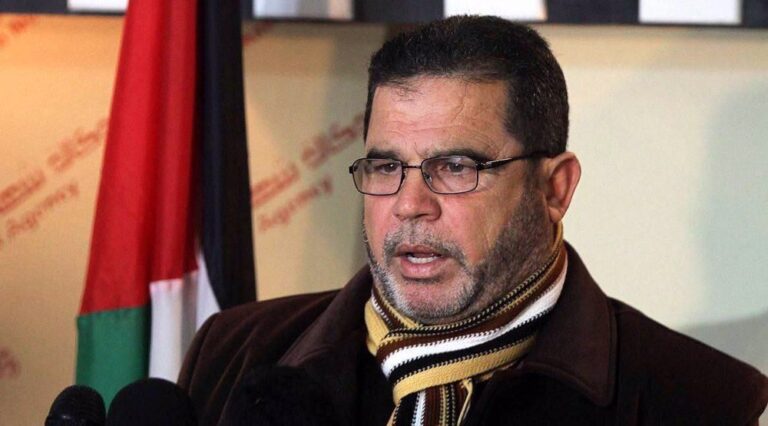Exploring Mortopolitics: A Deep Dive into the Upcoming Book Revolutionizing Political Thought
In a profound exploration of the ongoing conflict in Gaza, Kurosh Alyani presents a compelling narrative in his forthcoming book. This piece sheds light on Israel’s war against the people of Gaza, offering a theoretical perspective on the unprecedented nature of this deeply unequal conflict. The book, set to be released in Persian in the coming months, includes a meticulously crafted timeline spanning approximately 81 weeks, capturing significant events and developments related to Gaza and its resistance efforts.
Alyani’s timeline serves as a critical reflection of life’s complexities, highlighting that while it may appear fragmented and selective, it is not a novel. Unlike a novel, which is penned by a single author with a clear intent, a timeline embodies contributions from billions of individuals, alongside natural events that shape the narrative. This means that the timeline cannot dictate the reader’s focus in the same way a novel can; instead, it invites exploration beyond its confines.
Here are some essential points to consider regarding the nature of timelines:
- Fragmented Nature: A timeline, much like life itself, is inherently fragmented and lacks a straightforward narrative.
- Limited Direction: Unlike a novel that guides the reader’s gaze, a timeline provides a space for individual interpretation and fact-checking.
- Repetitive Patterns: Timelines can become monotonous, as they often repeat events without the innovation found in more dynamic narratives.
- Effort Required: Engaging with a timeline requires active participation from the reader, akin to farming where one must sow and reap.
The author also introduces the concept of mortopolitics, a theory that examines systems of domination affecting individuals and society at large. This theory resonates deeply in the context of the events that unfolded on October 7, 2023, during Operation Al-Aqsa Flood. This operation marked a significant rupture in the established system of domination, symbolizing a break from the physical and metaphorical barriers surrounding Gaza.
On that day, the Gaza Strip transformed from a besieged entity to a liberated one, demonstrating that reclaiming lost capital—be it land, lives, or faith—is indeed possible. The events of October 7 revealed the vulnerabilities within the system of domination, showcasing that militaristic strength and advanced security measures do not equate to invincibility.
As Alyani discusses the morning of October 7, he captures the essence of diverse perspectives and identities within the conflict:
- Divine Promises: For some, such as a fighter breaching the fence, the day represented the realization of a divine promise.
- Everyday Life: An Israeli resident might have been engaged in mundane thoughts, while another awaited the conclusion of their military shift.
- Identity Reflections: The actions of Hamas could be seen as a modern interpretation of ancient narratives, reflecting a complex interplay of spirituality and identity.
This intricate tapestry of experiences highlights how personal identities shape perceptions of the conflict. A Palestinian mourning a family member lost to violence cannot share the same emotional landscape as an Israeli awaiting a loved one’s return from military duty. Such contrasts underscore the profound disconnect between the two communities, emphasizing that identity plays a crucial role in understanding their divergent realities.
Throughout history, the struggle between power and resistance has been an enduring theme. From ancient legends to modern movements, the narrative of dominance and defiance continues to unfold. Figures like Gandhi, Lumumba, and others symbolize this ongoing struggle against oppressive systems, reminding us that these stories are woven into the very fabric of human existence.
In conclusion, Alyani’s work serves as a poignant reminder that the story of Gaza is far from over. Just as historical narratives of resistance persist, so too does the fight for justice and recognition within the region. This book not only documents events but also invites readers to engage with the complexities of human experience, urging them to consider the broader implications of conflict, identity, and the quest for liberation.
Kurosh Alyani, a prominent Iranian cultural critic, is also known for his previous work titled Israel: A Narrative of Continuing Discrimination, Assassination, and Aggression (2021). His insights into the Gaza conflict continue to resonate, fostering a deeper understanding of the issues at hand.
